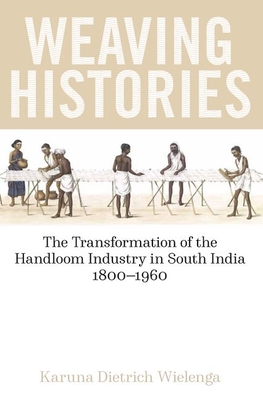Expedite your nonfiction book discovery process with Readara interviews, summaries and recommendations, Broaden your knowledge and gain insights from leading experts and scholars
In-depth, hour-long interviews with notable nonfiction authors, Gain new perspectives and ideas from the writer’s expertise and research, Valuable resource for readers and researchers
Optimize your book discovery process, Four-to eight-page summaries prepared by subject matter experts, Quickly review the book’s central messages and range of content
Books are handpicked covering a wide range of important categories and topics, Selected authors are subject experts, field professionals, or distinguished academics
Our editorial team includes books offering insights, unique views and researched-narratives in categories, Trade shows and book fairs, Book signings and in person author talks,Webinars and online events
Connect with editors and designers,Discover PR & marketing services providers, Source printers and related service providers

Weaving Histories: The Transformation of the Handloom Industry in South India, 1800-1960
History > Asia - India & South Asia
- Oxford University Press, USA
- Hardcover
- 9780197266731
- 9.3 X 6.3 X 1.1 inches
- 1.55 pounds
- History > Asia - India & South Asia
- (Single Author) Asian American
- English
Readara.com
Book Description
The handloom industry is used as a case study to throw light on the historical emergence of the 'informal sector' in India, and to re-examine contemporary debates about industrialisation and economic development.
Author Bio
Karuna is a faculty with the School of Arts and Sciences.
She teaches common curriculum courses such as Understanding India and courses in the History major for the undergraduate programme.
She is a historian with a broad interest in the economic and social history of modern south Asia. Her work is grounded in the history of labour, with a special focus on the informal sector. Her doctoral dissertation explored the changing world of handloom weavers in south India – and the economic restructuring of the industry – from the early nineteenth to the mid twentieth century. Prior to joining Azim Premji University she was a Newton International Fellow at the University of Oxford.
Her post-doctoral research focused on the historical emergence of the informal sector in India, looking at the complex interactions and conflicts between labour, capital and the state in a variety of industries between 1930 and 1970.
Source: Azim Premji University
Videos


Community reviews
No Community reviews

